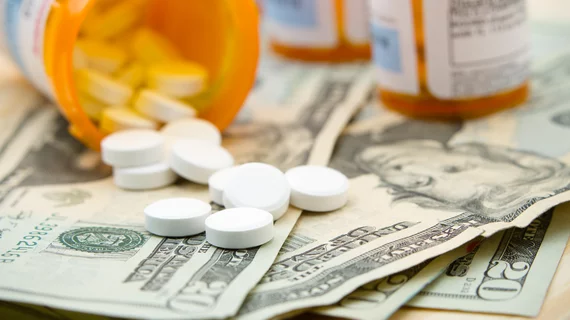Amazon launches medication price comparison tools
E-commerce giant Amazon has enabled an online price comparison tool for customers to find and compare the expected price of their medication.
The Amazon Prime prescription savings benefit lets Prime members search for their prescription medication and compare savings at Amazon Pharmacy and other pharmacies that accept the Prime savings card. More than 60,000 pharmacies nationwide are participating, according to Amazon.
Amazon boasts that its Prime prescription savings benefit saves members up to 80% off generic medications and 40% off brand-name medications when customers pay without insurance. In addition, customers can check their insurance co-pay price before they order a medication through Amazon Pharmacy.
“Now we can provide that information quickly, efficiently and entirely online—no need to pick-up the phone to call a pharmacy or insurance provider,” Amazon stated in a blog post announcing the new comparison tools.
The tool comes as other policies have taken aim at increasing transparency around healthcare prices over the last few years. The Trump administration implemented a new rule that forced hospitals to post their prices online so patients could shop around for the best options. However, the healthcare industry has been slow to adapt to the rule and have pushed back against offering their prices online. A 2020 challenge to the Trump-era rule by the healthcare industry was not granted.
Amazon’s Prime prescription savings benefit is administered by Inside Rx, a company that works directly with pharmaceutical manufacturers and retail pharmacies to find discounts for customers.

